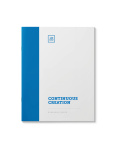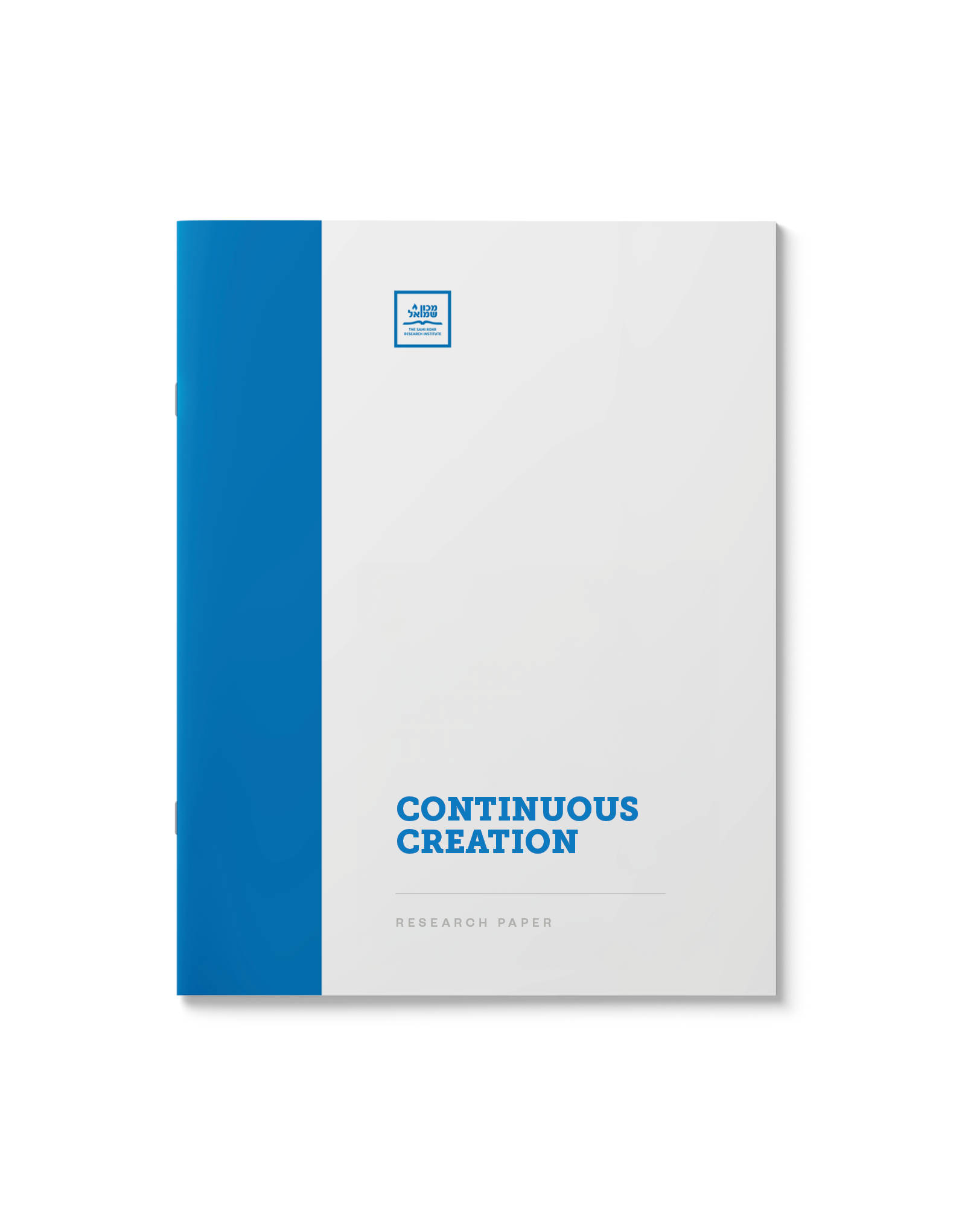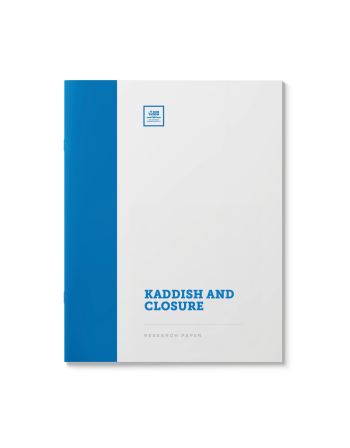The Art of the Ark and Other Rules of Shul Kibudim
$39.00
May a congregant given a kibud pass it on to someone else? Should the honor of opening the Aron Kodesh to return the Torah be given to the same person who took out the Torah? How to navigate the pulpit rabbi’s diplomatic minefield.
| Language | English |
|---|---|
| Paper Type | Research Paper |
| Pages | 5 |
Related Products
As an expression of honor and submission, bowing before an authority has always been common. In Jewish prayer, numerous segments are associated with bowing and prostration. What are some of the reasons for bowing during the recital of Modeh Ani, Barchu, the Amida, Aleinu and during the Yom Kippur service?
Piyutim are liturgical poems that are chanted during prayer primarily on the High Holidays, with some dating back many generations. What is their status in Jewish law? Must they all be recited or can they be omitted? What do we know about their origin and evolution? How important is it to adhere to local custom?
If Birkat Kohanim is one of Judaism’s most cherished blessings, why outside of Israel today is it so rarely recited? Why in Jerusalem is it sung daily, but only seldom in the Diaspora? Why do we seem to disregard how Shulchan Aruch regulates Birkat Kohanim?
The recitation of Kaddish is a central Jewish mourning rite. Mourners recite Kaddish for eleven months following the death of a loved one. What is the meaning of the prayer and the details of its observance? Why is it recited for specifically eleven months?
One of the focal points of the High-Holiday prayers is the recital of the “Thirteen Attributes of Mercy” revealed by G-d to Moshe as key to arousing divine mercy (Shemot 34:6-7).
The Rishonim labored to identify the precise words of the verse that represent each of the thirteen attributes, yielding multiple interpretations.
Understanding the meaning of these attributes according to the Kabbalistic tradition of the Zohar and Arizal provides for a slightly different division of the words in the verse.
This collection provides some background on the significance of the Yud Gimmel Midos HaRachamim and its mystical meaning.
What defines a “dangerous scenario” for which one must recite birkas hagomel? This paper addresses the questions and challenges introduced by air travel, and defines the types of illnesses and levels of recovery that require the gomel blessing.
Familiarize yourself with the background of the various components that comprise the davening. The repetition of the Amida, the appropriate direction for prayer, who is fit to lead the service, the procedures of Krias HaTorah and much more.
Part III in a Series
.
Table of Contents
Joining the congregation in their recital of kedusha is important on many levels. But what should one do if he is still reciting the silent Amida? Or just about to begin? When a worshiper’s private Amida collides with the recital of Kedusha by the congregation, what is the appropriate response?
This broad analysis of Birchas HaGomel takes a modern focus: Does a domestic flight over water trigger this blessing? An international one over land? What about a missed flight that crashes? A look at the basic laws and rational behind Gomel lays the foundation to determine when and why the blessing is required. (See also Thanking G-d for Goodness Part II)
A digest of the philosophy behind communal prayer. What makes it so valuable? What purpose does it serve? Does the prayer of the individual not achieve the same as the prayers of a congregation? A look at the deeper meaning of tefilah b’tzibbur.
Table of Contents
Find out what is required of one who prays when it comes to focusing one’s mind on the Almighty. To what degree is kavanah really necessary? Are there any techniques that provide a shortcut to healthy kavanah?
Part IV in a Series
G-d’s benevolence is all around us. Every day we experience divine salvation whether we know it or not. But sometimes these events truly transcend the natural order for which we owe G-d an additional debt of gratitude.
What is the appropriate way to express thanks to G-d when experiencing deliverance from danger? Is it preferable to do so discreetly or is a public celebration in order? What is the basis for the common custom of inviting friends to participate in a Seudas Hoda’ah (feast of gratitude)?
Related: Thanking G-d for Goodness Parts I and II








![Identifying the Thirteen Attributes of Mercy (Sources) [New!]](https://catalog.myjli.com/wp-content/uploads/2025/05/SAMSTAM-350x448.png)






